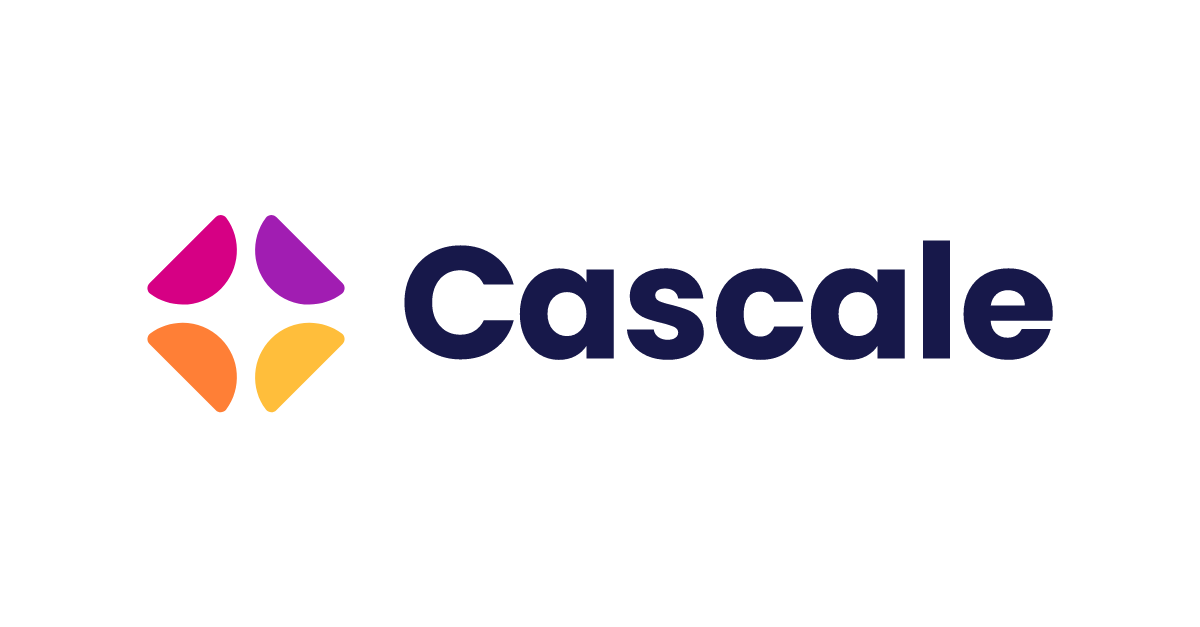Cascale Publishes Update on Global Policy Shaping the Future of Consumer Goods Sustainability
Cascale members receive exclusive briefing on recent global policy shifts

Cascale has published its Q2 2025 Global Legislative Update, the latest installment in its quarterly series. Covering developments from April to June 2025, the report details and assesses the impact of policy shifts across major markets—including the United States, the European Union (EU), and the Asia-Pacific region—that are shaping the future of sustainability in the consumer goods sector. These include developments in extended producer responsibility (EPR), corporate sustainability reporting, climate-related disclosure, and circular economy policy. Below is a snapshot of key takeaways from the full report, which is available exclusively to Cascale members via the members-only platform Cascale Connect.
Key Insights
In Q2, the United States federal and state policies moved in opposite directions. While the Trump administration continued efforts to roll back environmental and energy efficiency standards, states like Maryland and Washington advanced new Extended Producer Responsibility (EPR) laws. At the federal level, bipartisan lawmakers launched the Recommerce Caucus, signaling ongoing support for circular business models.
In Europe, the EU focused on improving market efficiency and sustainability. A key development was the Council’s approval of the ‘Stop-the-clock’ directive, part of the EU Omnibus Package, which aims to simplify corporate sustainability reporting and due diligence requirements. Member States must transpose the directive into national law by the end of 2025.
The EU also introduced a new Single Market Strategy and updates to the Carbon Border Adjustment Mechanism (CBAM). The European Commission introduced a benchmarking system to assess deforestation risk by country, adopted a five-year work plan for ecodesign and energy labeling — with textiles as a priority product category — and welcomed a new Product Environmental Footprint Category Rules (PEFCR) for apparel and footwear. The Commission also signaled plans to withdraw the Green Claims Directive, creating uncertainty around its future. France approved revisions to its fast fashion law, potentially introducing a new eco-score system and ad bans for ultra-fast fashion brands.
In the Asia-Pacific region, momentum continued toward ISSB-aligned sustainability reporting. Mainland China released draft climate disclosure guidelines aligned with international frameworks and introduced its first unified environmental code. Taiwan, Province of China, formally approved ambitious third-phase carbon reduction goals. Meanwhile, Pakistan proposed a draft Textiles and Apparel Policy 2025-30 to boost global competitiveness through regulatory simplification.
Stay Up to Date
Cascale’s Policy & Public Affairs team is committed to helping members stay informed and prepared through continuous policy monitoring, expert publications, targeted advocacy, and member-only events. These efforts provide members with timely, actionable insights to navigate regulatory change and align with evolving global expectations.
As an example of this work, Cascale recently hosted the EU Omnibus Simplification Package Webinar, offering an in-depth analysis of proposed changes to EU sustainability reporting rules. Read the full recap here.
The full Q2 2025 Global Legislative Update is now available on Cascale Connect.
Stay informed—subscribe to our newsletter for the latest Cascale updates, events, and public affairs activities.
Not yet a member? Explore Cascale membership today.

